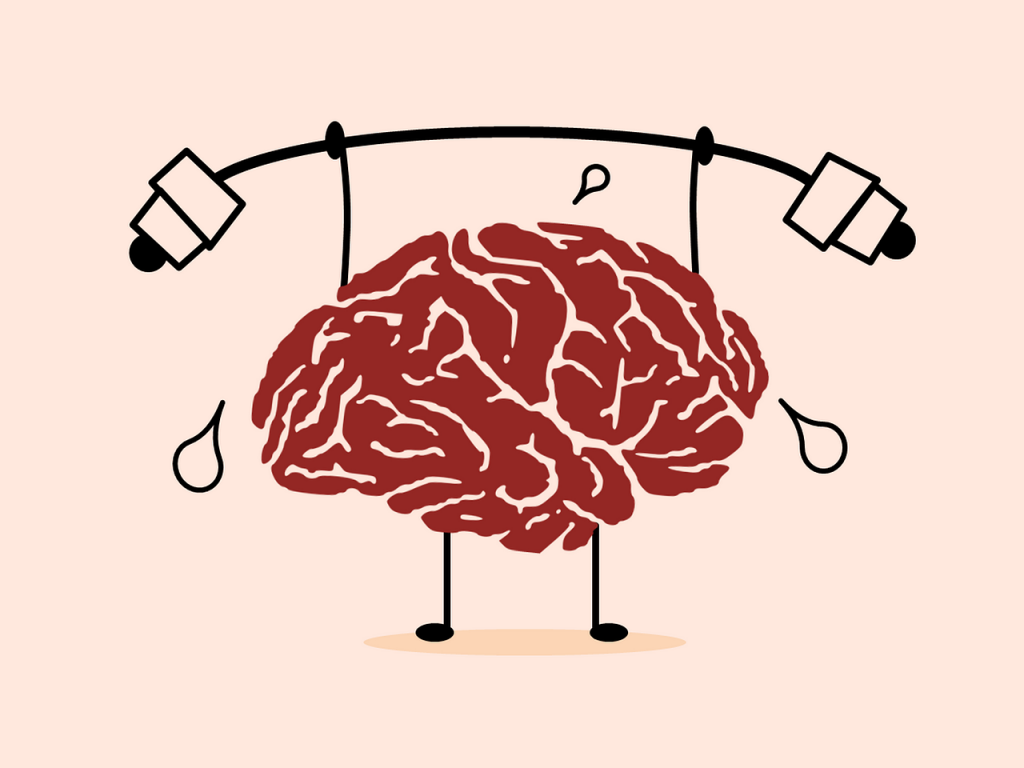Understanding the Symphony of Detoxification
Our body's detoxification system is akin to a complex orchestra, each organ playing its part in harmony. The liver, kidneys, and skin are key players, ensuring the body's internal balance. They work together to process and eliminate toxins encountered in everyday life.
1. The Role of Hydration in Detoxification
Hydration is vital for every detoxification process. Water acts as a facilitator, ensuring that the body’s detox organs perform optimally. Fluid intake supports the liver, kidney, and skin functions, promoting efficient removal of waste and toxins.
-
Kidneys and Hydration: The kidneys act as intricate filters, removing waste from the blood and excreting it through urine. Adequate hydration ensures efficient processing, preventing toxin buildup and supporting electrolyte balance. When dehydrated, kidney efficiency declines, making detox processes slower and less effective.
-
Liver Functionality and Water: The liver processes a wide array of substances, transforming harmful toxins into excretable forms. Water aids in this by ensuring smooth transport of these substances, facilitating their journey through the digestive system. A well-hydrated liver can more effectively perform its role, easing the detox burden.
-
Daily Water Needs: There's no one-size-fits-all for water consumption. However, aiming for eight glasses a day is a good starting point. Factors like activity level, climate, and dietary choices also impact fluid needs. Listen to your body, and adjust your intake as needed.
2. Liver: The Central Detox Organ
The liver is the cornerstone of the body's detoxification system. It processes toxins via a multi-phase approach, breaking down harmful substances and preparing them for elimination.
-
Metabolic Processing: The liver plays a central role in metabolizing proteins, fats, and carbohydrates. This metabolic process is crucial for energy production and involves neutralizing and eliminating toxins through biosynthesis pathways.
-
Nutritional Support for the Liver: Supporting liver function requires a conscious choice of nutrients. Incorporating foods high in antioxidants, like berries, helps neutralize free radicals. Cruciferous vegetables support the liver's enzyme-dependent processes, aiding in toxin breakdown.
-
Limit Exposure to Harmful Substances: Reducing the liver’s toxic load involves decreasing alcohol and processed food consumption. Opt for organic food choices when possible to minimize pesticide intake.
3. Kidney Health: The Filtration System
Kidneys are essential in maintaining the body's fluid balance and filtering out waste products. They play a silent but crucial role in the detox symphony, with their health deeply tied to overall detox efficiency.
-
Maintaining Optimal Kidney Function: Hydration is the linchpin of kidney health. Effective filtration relies on sufficient water intake. Avoiding excessive salt and refined sugars can further support kidney health.
-
Diet and the Kidneys: A diet rich in fruits, vegetables, and whole grains supports kidney efficiency. Essential nutrients found in these foods can prevent toxin overload and reduce strain on the filtration system.
-
Routine Check-Ups: Regular health assessments and urinalysis are vital. Early detection of any malfunction can prevent serious complications. Routine checks support proactive kidney care.
4. Skin: The External Detox Organ
While the skin's primary function is protection, it also serves as an excretory organ, releasing toxins via sweat. Understanding and supporting this function enhances overall detox.
-
Unlocking the Power of Perspiration: Sweat aids in temperature regulation and assists in expelling toxins like heavy metals. Perspiration is a natural method of detoxification, contributing significantly to bodily health.
-
Encouraging Sweating: Regular exercise stimulates sweat production, enhancing the skin's detox role. Activities like saunas and hot yoga can also help, promoting circulation and toxin release.
-
Skin Hygiene and Protection: Maintaining clean skin maximizes its detox potential. Hydration is also key here, ensuring that sweat routes remain clear.
Synergistic Detox: Supporting Multiple Organs
The interplay between detox organs highlights the need for an integrated approach. Each organ impacts the others, and holistic support for all ensures optimal detoxification and overall health.
1. Interconnected Detox Pathways
The detoxification system is networked, with organs relying on one another. For instance, if the liver processes are hampered, the kidneys and skin must compensate, often at a higher physiological cost.
-
Nutrient Cofactors: Supporting the enzymatic actions involves ensuring dietary intake of essential nutrients like B vitamins and antioxidants. These facilitate smoother, more efficient detox pathways.
-
Lifestyle Considerations: Avoiding stress, managing sleep patterns, and limiting environmental toxin exposure can positively impact detox functions. A balanced lifestyle assists in enhancing the body's natural resilience.
2. Cultural and Routine Practices
Incorporating traditional wisdom with modern knowledge paves the way for comprehensive detox strategies. Balancing holistic practices with scientific advances can amplify detox efficiency.
-
Balanced Diet and Rituals: Embracing whole foods and traditional teas rich in beneficial properties can support detoxification pathways, aligning modern science with age-old practices.
-
Exercise and Mindfulness: Physical activity paired with mindfulness techniques like meditation fosters an equilibrium conducive to detox. This synergy between body and mind plays a vital role in detox health.
By recognizing the intricate connections between our body's detoxification organs and incorporating lifestyle and dietary changes that support these pathways, we can encourage a more effective, natural elimination of toxins. Instead of turning to commercial cleanses, focusing on supporting our liver, kidneys, and skin through simple, everyday choices can lead to better health and increased vitality.
Q&A
-
How does liver function impact detoxification in the body?
The liver plays a crucial role in detoxification by processing and breaking down toxins from various sources, such as food, medication, and environmental pollutants. It converts these harmful substances into less toxic forms that can be excreted from the body through urine or bile. Maintaining a healthy liver is essential for effective detoxification, and this can be supported by a balanced diet, regular exercise, and avoiding excessive alcohol consumption. -
What role does kidney filtering play in toxin elimination?
The kidneys are vital for filtering waste products and excess fluids from the blood, producing urine as a means of excreting these substances. They help maintain a stable balance of salts and other substances necessary for bodily functions. Proper hydration is crucial for optimal kidney function, as it facilitates the filtration process and helps prevent the buildup of toxins. -
How does lymphatic drainage contribute to detoxification?
The lymphatic system is responsible for removing waste products and toxins from bodily tissues. Lymphatic drainage involves the movement of lymph fluid through a network of vessels and nodes, where it is filtered and cleaned before being returned to the bloodstream. Techniques such as massage, exercise, and staying hydrated can enhance lymphatic drainage and support overall detoxification. -
Can skin detoxification through sweating aid in toxin removal?
Sweating is a natural process that helps regulate body temperature and can aid in the elimination of certain toxins. Through sweat, the body can excrete substances like urea, lactic acid, and some heavy metals. Activities that promote sweating, such as exercise or using saunas, can enhance this detoxification pathway, although it's important to stay hydrated to replenish lost fluids. -
What is the impact of hydration on detoxification processes?
Hydration is critical for all detoxification processes in the body. Water aids in the efficient functioning of the liver and kidneys, supports lymphatic drainage, and facilitates the excretion of toxins through urine and sweat. Drinking adequate amounts of water ensures these systems can operate effectively and reduces the risk of toxin accumulation. -
How can one reduce toxin exposure in daily life?
Reducing toxin exposure involves lifestyle changes such as consuming organic foods, using natural cleaning and personal care products, avoiding smoking and excessive alcohol, and minimizing exposure to environmental pollutants. These practices help lower the burden on the body's detoxification systems, allowing them to function more efficiently.








